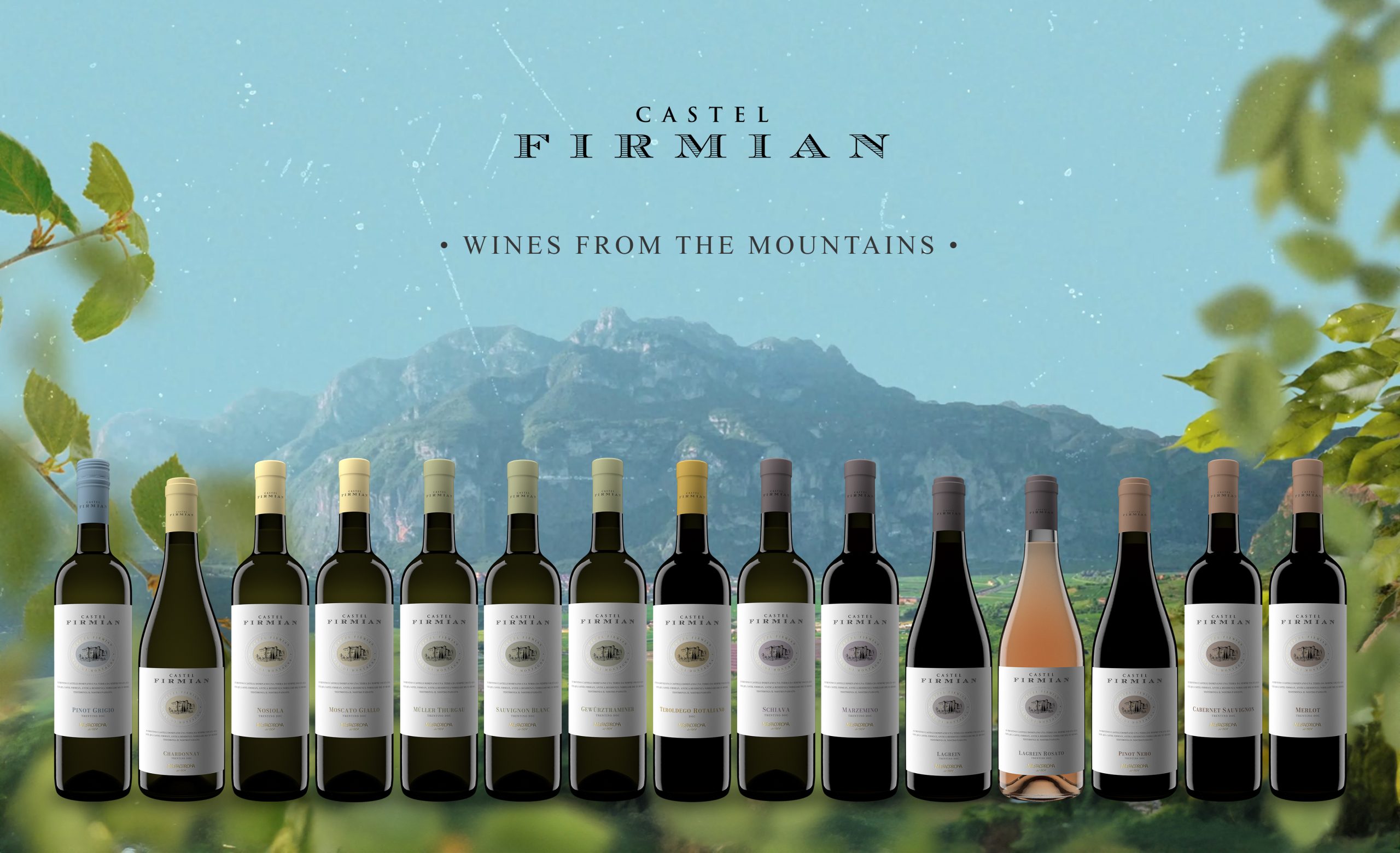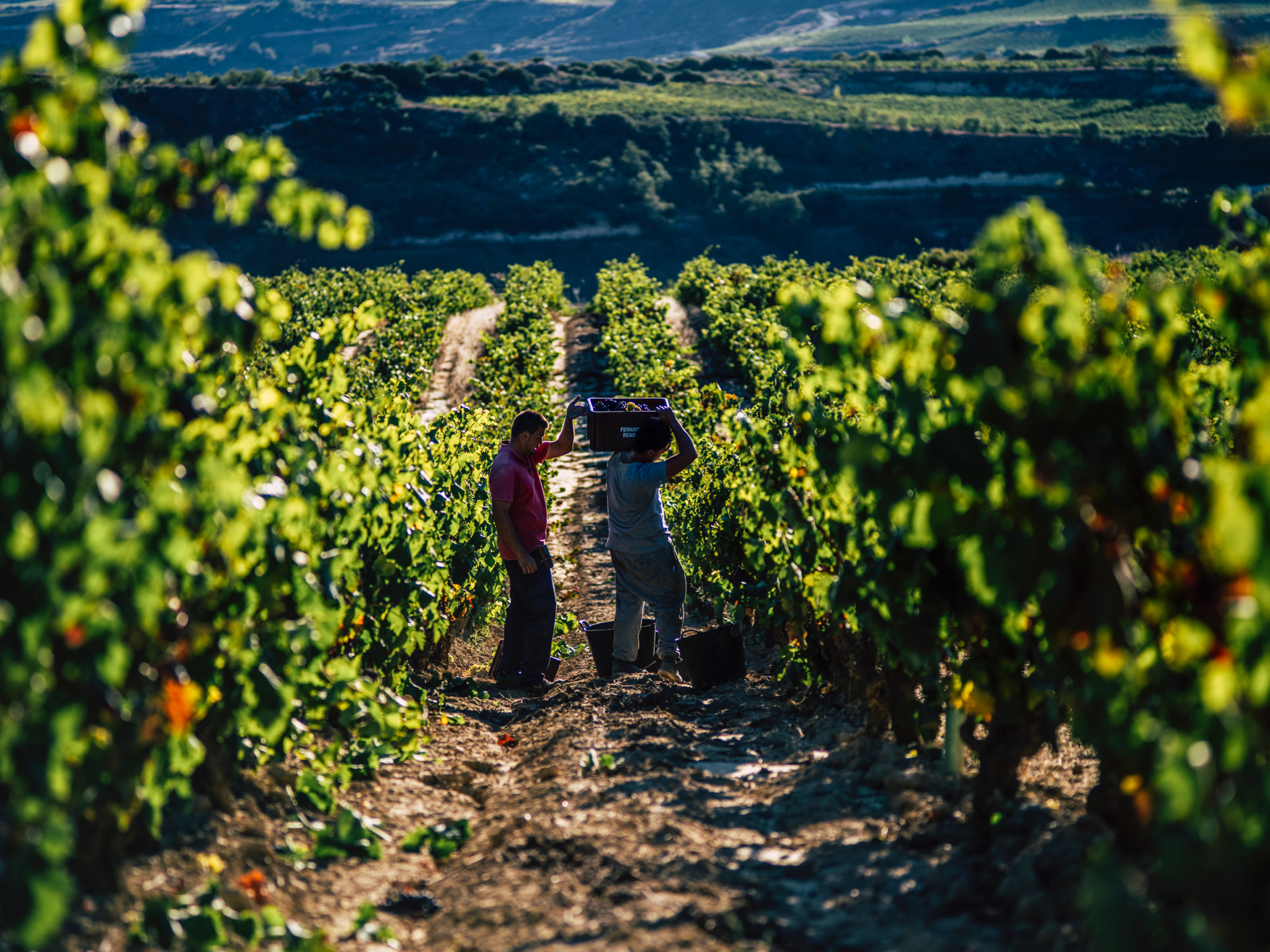Plumpton College to create research hub for English wine industry
The UK’s viticulture and oenology education centre, Plumpton College, is aiming to create a research hub for the English wine industry to improve future site selection and vine productivity.
Speaking to members of the press at a visit to the college in East Sussex earlier this month, outgoing head of Plumpton’s wine division Chris Foss said the institution was conducting a number of research projects in order to create a research hub for the English wine industry.
Centred around the college’s Rock Lodge Vineyard, which was established in the 1960s, Plumpton is collecting temperature data, monitoring levels of spotted wing drosophila, experimenting with different Pinot Noir clones and trialling PIWIs, a range of fungus resistant grape varieties. The college is arranging to secure a lease for a nearby building with the aim of turning it into a hub for members of the English wine industry.
Rock Lodge, which is currently taking part in a climate change project run by research group Life Adviclim, of which Foss is a member, is aiming to chart the differences in temperature within small vineyard areas.
Describing it as “one of the most intensively studied vineyards in the world,” Foss explained that temperature sensors were installed in certain areas of the vineyard in order to give precise temperature readings, something that could potentially aid future site selection as the UK continues to embark on an ambitious planting programme.
The area under vine in Great Britain has increased by 160% in the past 10 years to reach 7,000 acres (2,888ha). In 2018, 1.6 million vines were planted with a further 2 million expected in 2019.
Speaking about the data, Foss said: “We found extraordinary variations. Using the Winkler scale we recorded differences of as much as 300 growing degree days between certain parts of the vineyard – that’s huge.”
The findings are not currently being used to inform planting decisions, however, Foss hopes the results of the study will be published at the end of this year.
A cause for concern, however, is the damage caused by spotted wing drosophila, or fruit flies, which originate in south east Asia.
“The females saw into the grapes to lay their eggs, and once a berry has been infected, the whole bunch can go down,” said Foss.
“We can’t spray insecticide as they live in the woods, and you can’t spray the woods.
“It’s getting worse and worse – it’s a real problem for us. They came from Japan and as it stands, there’s no known predator in Europe.”
Plumpton is currently assessing numbers of the flies using pots of cider vinegar suspended from trellis poles around the vineyard. Foss suggests that one possible solution could be the planting of stop crops around the outskirts of the vineyard, providing an alternate food source for the flies.
Speaking to the drinks business for a feature on English sparkling wine, published in the April issue, Foss recounted how last year was one of few that the flies did not damage crops owing to their dislike for hot, dry weather.
“There was nothing particularly outstanding about 2018, in terms of heat summation and anything like that, it was just that everything went right,” he said.
Partner Content
“In 2017, we were decimated by spotted winged drosophila, what the frost didn’t get, the fruit flies did, it was awful. But in 2018 they didn’t come. They don’t like the hot, dry weather.”
2018, however, has been widely recognised as an exceptional year, producing a record 15.6 million bottles of English and Welsh wine.
In addition to these experiments, Plumpton is currently growing 16 different clones of Pinot Noir on different rootstocks in order to see which works best. They’re also one of a few vineyards within the UK that are working with PIWIs – grape varieties that are resistant to fungal diseases such as downy and powdery mildew.
The institution is working on a drone project to see if the technology can be used to effectively identify cases of downy mildew, for example. It is thought that the UAVs (un-manned aerial vehicle) could be used to calculate pesticide volumes by precisely measuring the surface area of vineyards. Foss added that they could also be used to assess total leaf area and cover crop vigour as well as help spot mineral deficiencies and cases of grape vine trunk disease.
Plumpton was founded in 1926 as an agricultural college and was incorporated and became independent of government control in 1992.
The wine division boasts around 100 full-time undergraduates and 30 post-graduates while the Wine Skills programme attracts an audience of 350 students per year.
The college boats 10 hectares of commercial vineyards – out of a total of 2,500 acres of estate land – which the students help to care for, harvest and make the resulting wines.
As the wine division has expanded from a one-man band founded by Foss in 1988, a number of changes have occurred.
“Demographics are shifting,” said Foss. “There’s now a higher proportion of female students – around 60-70% of students on our courses are female. I believe diversity helps our industry to move forward.”
He noted how the industry was now approaching Plumpton in order to hire its graduate students, and spoke about the increase in recognition of the college around the world.
“In order to compete with the likes of Stellenbosch, Montpellier and Adelaide, we need to develop more research, but we currently don’t have the funding,” he says. “However, we’re great at churning out qualified students.”
Foss will step down in June but vows to remain connected to the English wine industry. One of his key priorities is the development of an accredited sustainability scheme for the UK with a focus on carbon capture and environmental conservation.




